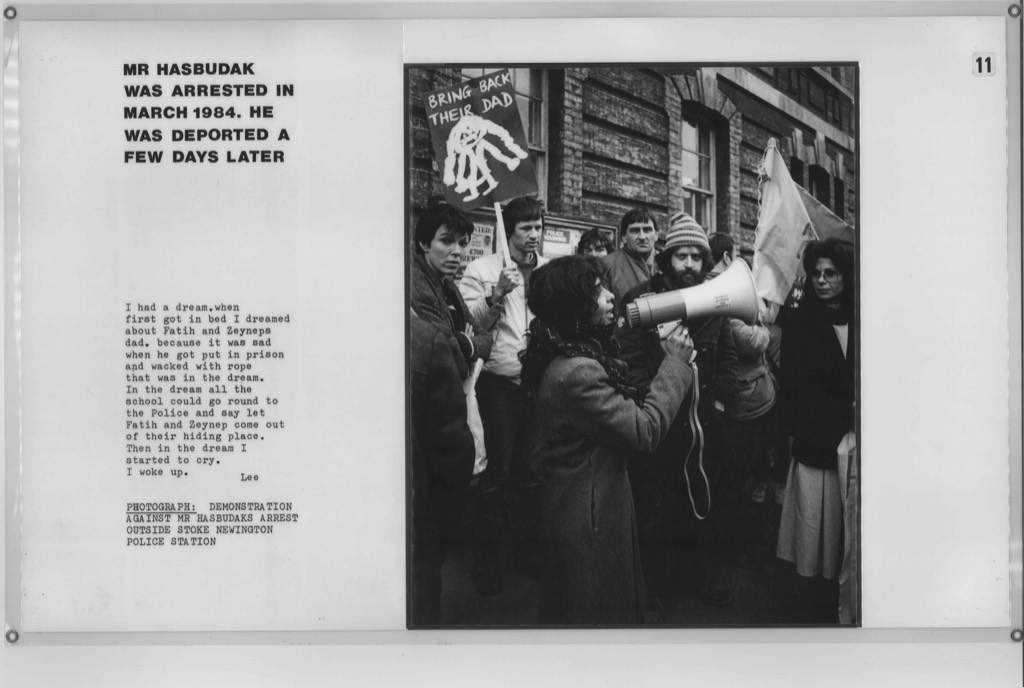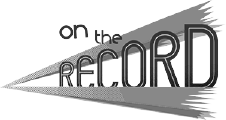Hackney Writers
'If you think
Blows
Struck in Ireland
Won't hurt you
Think again
They will hurt you
If you think
The knife
Slid between the ribs of a Pakistani
Will glance off your lighter skin
Think again
If you think
Bullets hissing towards beating hearts
In some country we know nothing about
Will miss you
Think again
They will not miss your beating heart
If you think
Needles
Jabbed into veins
To make the blood run docile
Won't prick you
Think again
They will hurt you, hit you, prick you
And they will not miss you
We are all one
One trembling human flesh.'
by Lotte Moos
Lotte's daughter Merilyn Moos reflects:
'I’ve chosen this poem it is probably Lotte’s best known poem, because I sympathise with its political implications and because this was the only poem that Lotte ever discussed with me. Lotte both saw me as too much of a critic and assumed I wouldn’t have anything worthwhile to say.
But this poem was different. We discussed the last line. ‘If you think’ rails against blows struck in Ireland, against deadly bullets in faraway countries and against needles stuck into veins to make a person docile. All these will hurt you. They will not miss you as you might suppose.
Never mentioned, Lotte knew about needles and docility: her sister, probably suffering from no more than post-partum depression, was kept docile in a German psychiatric clinic till the Nazis killed her in their euthanasia programme.
Should she end, Lotte asked, with: ’We are all one. One trembling human race’?’ ‘Oh no, you can’t do that’, I protest. I did not like the political associations of ‘human race’, I tell her. Now it reads: ‘We are all one. One trembling human flesh.’
Now bombs rain down upon ‘far-away’ Syria, and refugees are refused admission to the UK. ‘If you think’ this has nothing to do with us, think again.'




